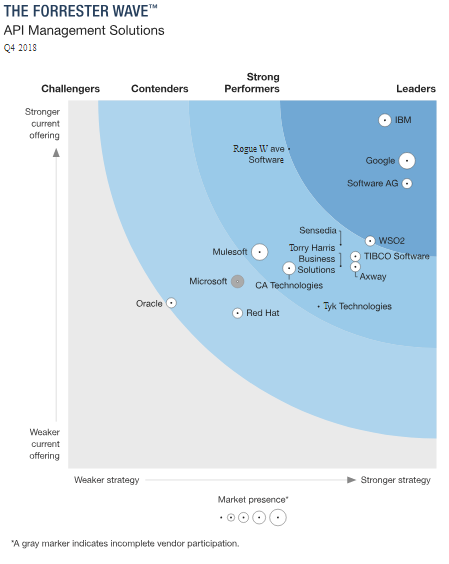APIs are everywhere and they are serving a diverse set of needs for heterogeneous set of customers by enabling developers to build applications using the APIs and entertain the end-user needs. The advent of API based development model has greatly transformed the architectural patterns with a more sophisticated approach of application development without re-invention of the wheel and by re-using or utilizing the services exposed by API Publishers. In this post, we will shed some light on the need of using API Management platforms and explain how they can benefit API Publishers and Developers.
Before we jump into the pros that are associated with the use of any API Management tool, let us first talk briefly on some of the core concepts regarding APIs and API Eco-System. You can also refer to another post that I wrote explaining how API management works.
What is an API?
The term API is an acronym, and it stands for “Application Programming Interface”. In technical terms, API is basically a blueprint which provides a set of methods/operations which are accessible at some endpoints for the users to invoke. APIs introduce data encapsulation and data hiding and also platform independence as underlying back-end implementation of the services becomes transparent and developers just need to focus on the API specification and endpoints irrespective of tools and technologies used behind the scene by API developers.
APIs are built and exposed around HTTP principles with standard XML or JSON data formats for request/response and it which makes them platform independent and helps developers to consume them from any language or platform while developing applications on top of them.
In another tutorial, I explained API Design Best Practices which you can go through from design perspective as API Management Best Practices can be fully beneficial only if APIs are designed by following the best practices.
Now that we have talked a brief about APIs, let’s dig into the need of API Management Tools/Platforms.
Why API Management Platforms are needed?
Some people may argue that why an organization should invest a huge sum of money on a API management platform and why can’t we simply expose our back-end services straight to the partners or customers?
Here are a few solid reasons making it a wise approach or in some cases a MUST to have API management platform in place between your customers/partners and your back-end services.
Policy Enforcement on APIs
For any organization with a set of services exposed for potential users, It is extremely important to enforce some rules and policies to ensure that usage of the services is within the boundaries of the organisation’s policy spectrum and no breach happens resulting in any kind of mess–be it in terms of revenue loss or data loss.
Use of API Management platform helps you to define standardized set of policies for any API being exposed during its publication and deployment in your environment. E.g. you can specify rate limit for a service allowing only x number of hits for a specific time window to avoid DOS Attacks. You may apply some policies for throttling, data transformation, security enhancement and plenty of other policies as per your need.
Different API management platforms provide different level of policy enhancement and some of them allow to define custom policies as well. E.g. APIGee has quite rich support for policy enforcement with dozens of pre-defined policies that you can configure at any level of flow at proxy or target level for request or response data. API management platforms like MuleSoft also provide quite extensive support for Policy definition where you can enforce policies from different categories including security, compliance, quality of service, transformation etc.
API Publishing
Using API Publishers by API management tools, It becomes quite easier and convenient to define API Proxies for your back-end services. You can define APIs, configure Endpoints, configure Load Balancing and Fault Tolerant for your services, maintain revisions for your APIs and enforce policies as explained above.
On-boarding Developers and Partners
APIs can be documented to help and assist developers to better understand and utilize these APIs and helps faster on-boarding your partners and customers and results in faster Time to Market. API platforms provide sophisticated developer portals (API stores) which serve as the primary portal of interest for developers who can subscribe to APIs of their interest, generate access tokens, test mock APIs and go through the documentation at this portal. Consequently, developers get equipped with all necessary understanding and access for the APIs and they can start developing client applications by consuming these APIs.
API Analytics using API Management Tools
Every organization has a keen interest to know how their services are performing, what is the usage patterns, how developers are engaged and what are the trends with respect to other parameters of organizational concern.
API management tools provide quite extensive support for analytics by offering dashboards with graphical details of the usage patterns on various parameters. These tools also provide features to provide custom dashboards and reports as per your own criteria.
Analyzing usage patterns can greatly help you to better foresee and forecast for future needs and also helps you to take any necessary measures to ensure your customers and partners are rightly served.
Who are the big players in the market for API Management?
Market of API management can be seen with a number of big players with string offerings of their products to fulfill growing API management needs of businesses around the globe. According to Forrester Wave for Q4 2018, below are the top players categorized as Leaders, Strong Performers, Contenders and Challengers based on current offerings strength and strategy.

